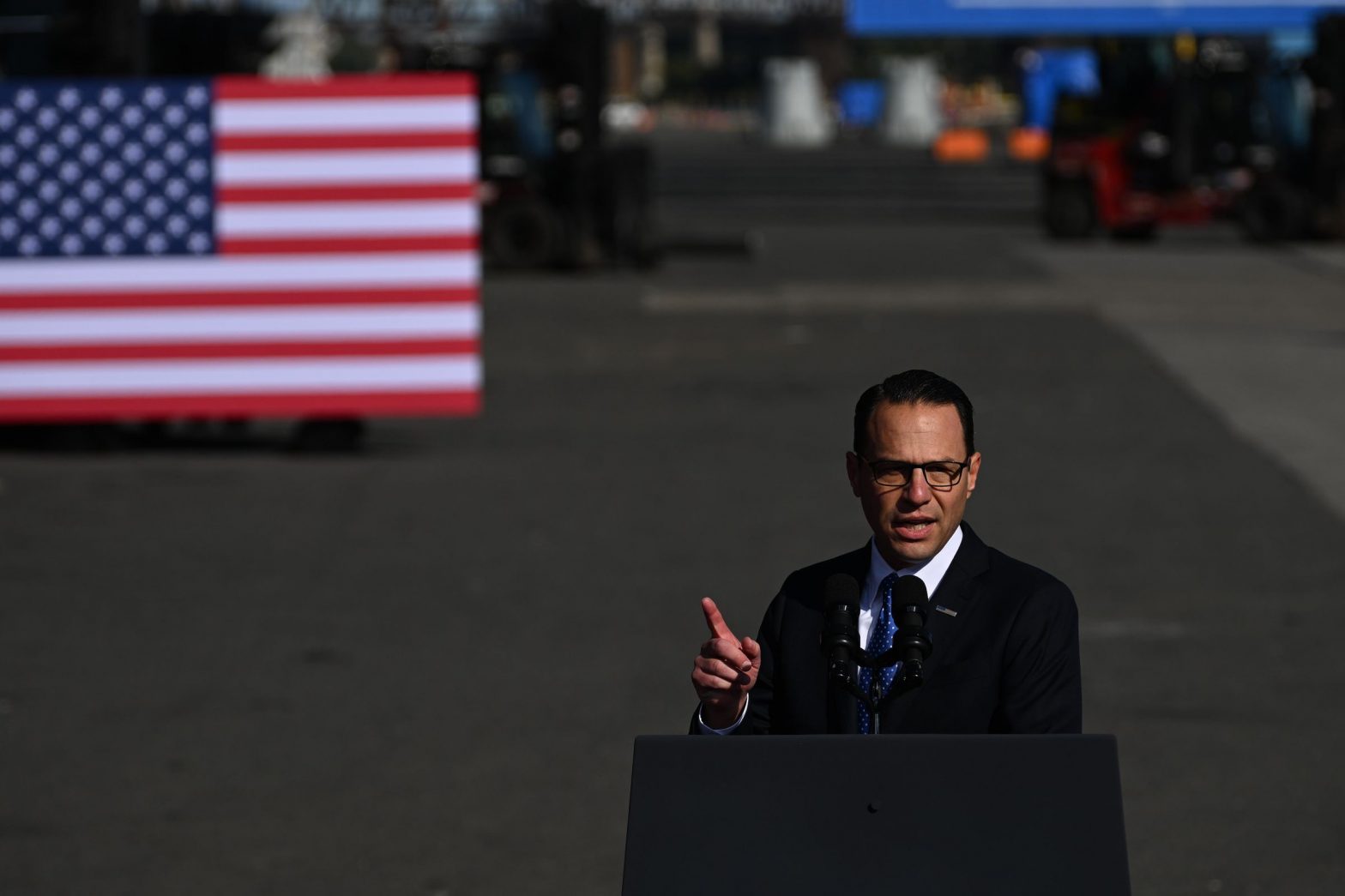/
The Biden administration announced $4.3 billion in grants for local governments to lead climate and clean energy initiatives across the US.
:format(webp)/cdn.vox-cdn.com/uploads/chorus_asset/file/25540985/1723106043.jpg)
With the US facing the prospect of another four years of former President Donald Trump rolling back environmental protections at the federal level, the Biden administration is putting billions of dollars of climate funding into the hands of local governments.
The Biden administration announced $4.3 billion in funding today for locally led climate projects across the US. The money will fund 25 different initiatives led by state, municipal, and tribal governments as well as coalitions of local governments working to transition to cleaner energy and reduce greenhouse gas pollution. The money can be used to deploy a wide array of clean energy technologies — from solar and wind farms to EV chargers and heat pumps.
All in all, the projects are expected to cut around 971 million metric tons of planet-heating CO2 emissions by 2050. That’s like erasing the climate pollution from roughly 5 million American homes each year over the same time period, according to the Environmental Protection Agency (EPA).
States and cities can play a crucial role in helping the US meet climate goals set under the Paris agreement, especially if Donald Trump returns to office pushing an even more fervent deregulatory agenda than he did during his first term as president. Already, the Supreme Court that Trump previously packed with conservative appointees has curtailed federal agencies’ ability to craft sweeping pollution regulations in recent landmark decisions.
“I’m proud to announce that thanks to our partnership with the Biden Administration, Pennsylvania has been awarded $396 million in federal funding to start a new initiative called RISE PA,”Pennsylvania Governor Josh Shapiro said in a press release today. “This investment will help us reduce toxic air pollution, create thousands of jobs, invest in our energy sector, and continue Pennsylvania’s legacy of energy leadership.”
It’s one of the biggest federal grants Pennsylvania has ever gotten, according to Shapiro. It’ll fund a variety of different ways to decarbonize industrial facilities, the state’s biggest source of greenhouse gas emissions. That could include electrifying buildings, replacing fossil fuel-burning equipment with electric appliances like heat pumps, installing technologies to capture CO2 emissions on site, or turning to renewable energy. Today, Pennsylvania is the nation’s second largest gas producer and a key battleground state for the presidential election. EPA administrator Michael Regan traveled to Pennsylvania today to announce the grant awardees from Pittsburgh.
The 25 different applications receiving funding encompass projects across 30 states. They include efforts to slash pollution from transportation, the power grid, agriculture, waste, buildings, and industry. One project, for example, aims to build out EV charging infrastructure for commercial vehicles traveling along the I-95 in New Jersey, Connecticut, Delaware, and Maryland with nearly $250 million in funding. Alaska’s southern coastal communities, meanwhile, will receive more than $38.6 million to replace oil-burning heating systems with more efficient electric heat pumps.
The funding comes from the Inflation Reduction Act, the US’ largest investment in climate and clean energy to date. It’s also tied to the Biden administration’s Justice40 initiative, a commitment to ensure that at least 40 percent of the benefits of from certain federal investments flow to disadvantaged communities.
The announcement comes a day after Joe Biden bowed out of the presidential race and endorsed Vice President Kamala Harris in his place, highlighting the climate stakes in a tumultuous election cycle. Pennsylvania governor Shapiro is reportedly a potential candidate to run alongside Harris as VP.
While the US remains the world’s biggest oil and gas producer, the Biden administration has pledged to reduce US carbon emissions by at least 50 percent by 2030 as part of the Paris climate agreement. Trump has said that he’ll attempt to pull the US out of the Paris agreement a second time if reelected president. During his last term, bipartisan coalitions of cities, states, and other local groups formed to try to keep the US moving toward its climate goals despite the Trump administration’s backpedalling.
